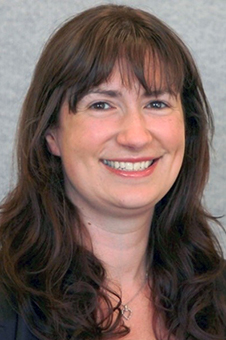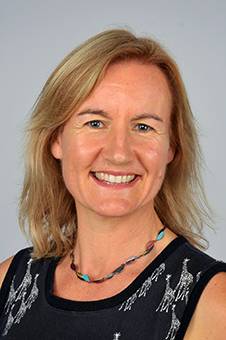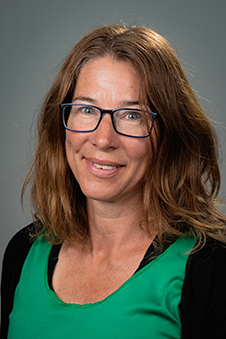Thursday 4 August 2022 10:51am
Three Otago researchers have received Health Delivery Research Activation Grants from the Health Research Council of New Zealand. The goal of these grants is to fund research that directly contributes to improved health delivery by informing decisions or changes to policy, practice or systems in the New Zealand health and disability sector.
Giving voice to wāhine wisdom – preferences for treatment of UTIs

Professor Rhiannon Braund.
Professor Rhiannon Braund, New Zealand Pharmacovigilance Centre, and Centre for Adverse Reactions Monitoring
12 months, $30,000
Urinary tract infections (UTIs) are the most common bacterial infections. Wāhine, particularly those who have had children and are older, can suffer from recurrent infections. As well as the clinical negative effects from recurrent UTIs, there is an over-reliance on prophylactic antibiotics. In this ‘ground up’ project, the research team will work in partnership with a group of older women to identify their perspectives on the use of antibiotics and the concerns that many older women have. A focus will also be the preference to access the vaccine Uromune, which is not readily available in Aotearoa.
“I am passionate about this project as we need to put patients, whānau and communities at the centre of health care. This can only be achieved when we understand their world-view and build a system (and interventions) that meet their needs. This project aims to listen to wāhine and identify what their values, preferences and trade-offs are regarding UTI treatment,” says Professor Braund.
Developing an automated image-based dietary assessment tool

Dr Rosemary Hall.
Dr Rosemary Hall, Department of Medicine, University of Otago, Wellington
12 months, $29,800
This project is focused on empowering Kiwis by understanding their diet. The team will develop a photo food diary application to make tracking diet and communicating with health professionals simple and easy. The potential for health empowerment is high, particularly for our Māori and Pacific whānau, whose diet has been traditionally left out of nutrition databases. This application will enable diet tracking and databases of foods to be adaptable and reflective of kai in Aotearoa, providing a platform for health improvement for Kiwis, by Kiwis.
“We are very grateful that the Health Research Council has been able to support us in this work. With a focus on local kai, and the ability to add new foods into the application, New Zealanders from all backgrounds will be able to gain an understanding of their own food and ways to improve their health,” says Dr Hall.
Exploring the essential elements of a Long COVID clinic

Dr Sarah Rhodes.
Dr Sarah Rhodes, School of Physiotherapy
18 months, $29,860
Long COVID is a highly prevalent condition which can cause debilitating illness. The focus of this project is to determine current best practice for management of Long COVID in primary care through a review of the literature. The team will also engage with those people whose health is impacted by Long COVID and with primary care-based stakeholders – patients, GPs, community nurses, physiotherapists and Māori and Pasifika health providers. This feedback will support the development of an initial framework for managing Long COVID in primary care, which will include a strong focus on equity.
“This funding represents an opportunity to engage with all relevant stakeholders to ensure that any long COVID framework that is developed is community-led with equity at its centre,” says Dr Rhodes.
